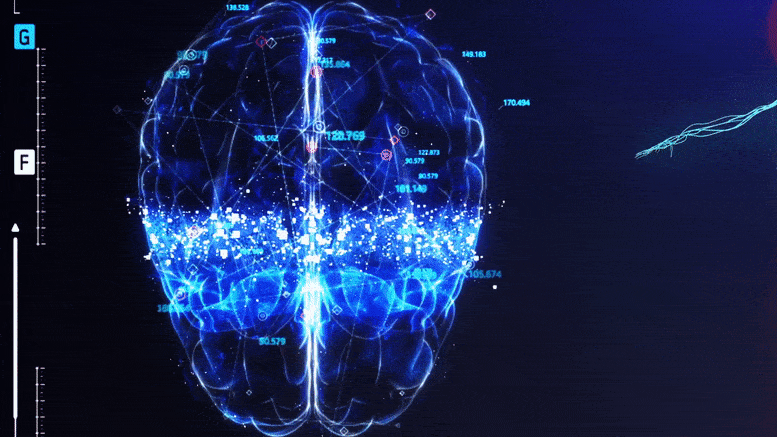For the first time, researchers have used human data to quantify the speed of different processes that lead to Alzheimer’s disease and found that it develops in a very different way than previously thought. Their results could have important implications for the development of potential treatments.
The international team, led by the University of Cambridge, found that instead of starting from a single point in the brain and initiating a chain reaction that leads to the death of brain cells, Alzheimer’s disease reaches different regions of the brain early. How quickly the disease kills cells in these regions, through the production of toxic protein clusters, limits how quickly the disease progresses overall.
The researchers used post-mortem brain samples from Alzheimer’s patients, as well as PET scans from living patients, who ranged from those with mild cognitive impairment to those with late-stage Alzheimer’s disease, to track the aggregation of tau, one of two key proteins implicated in the condition.

Looking forward to some information